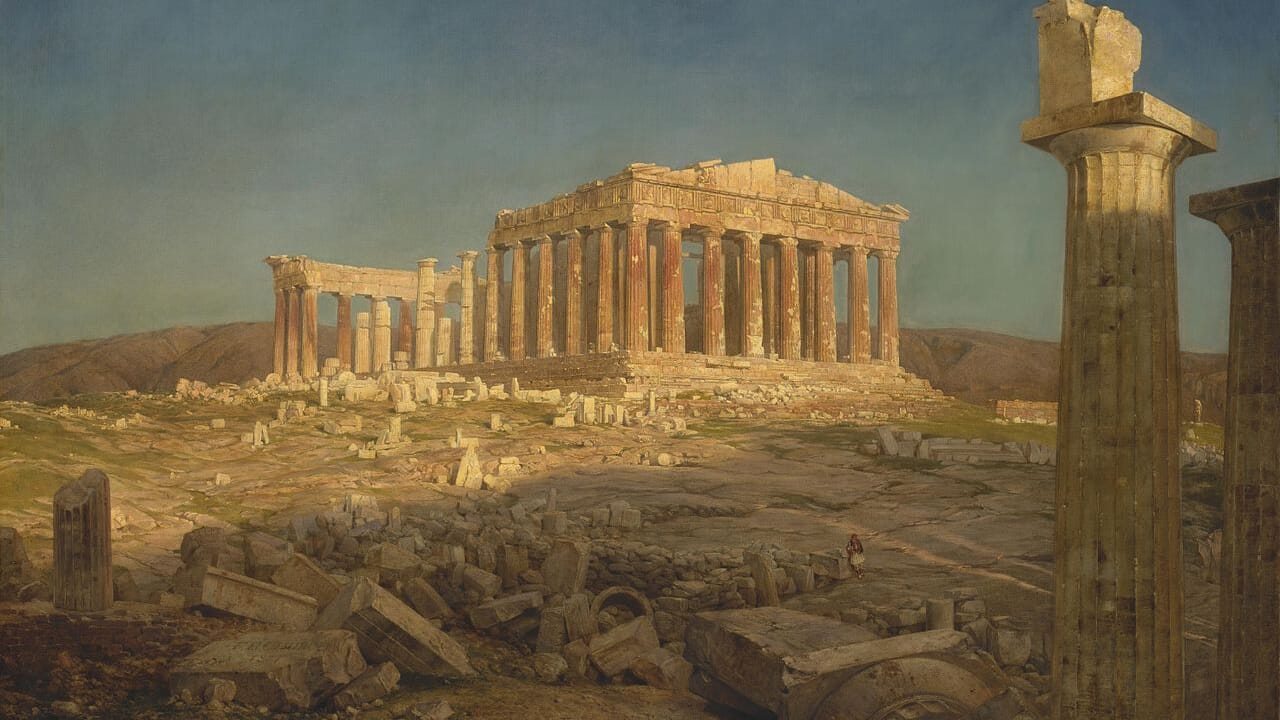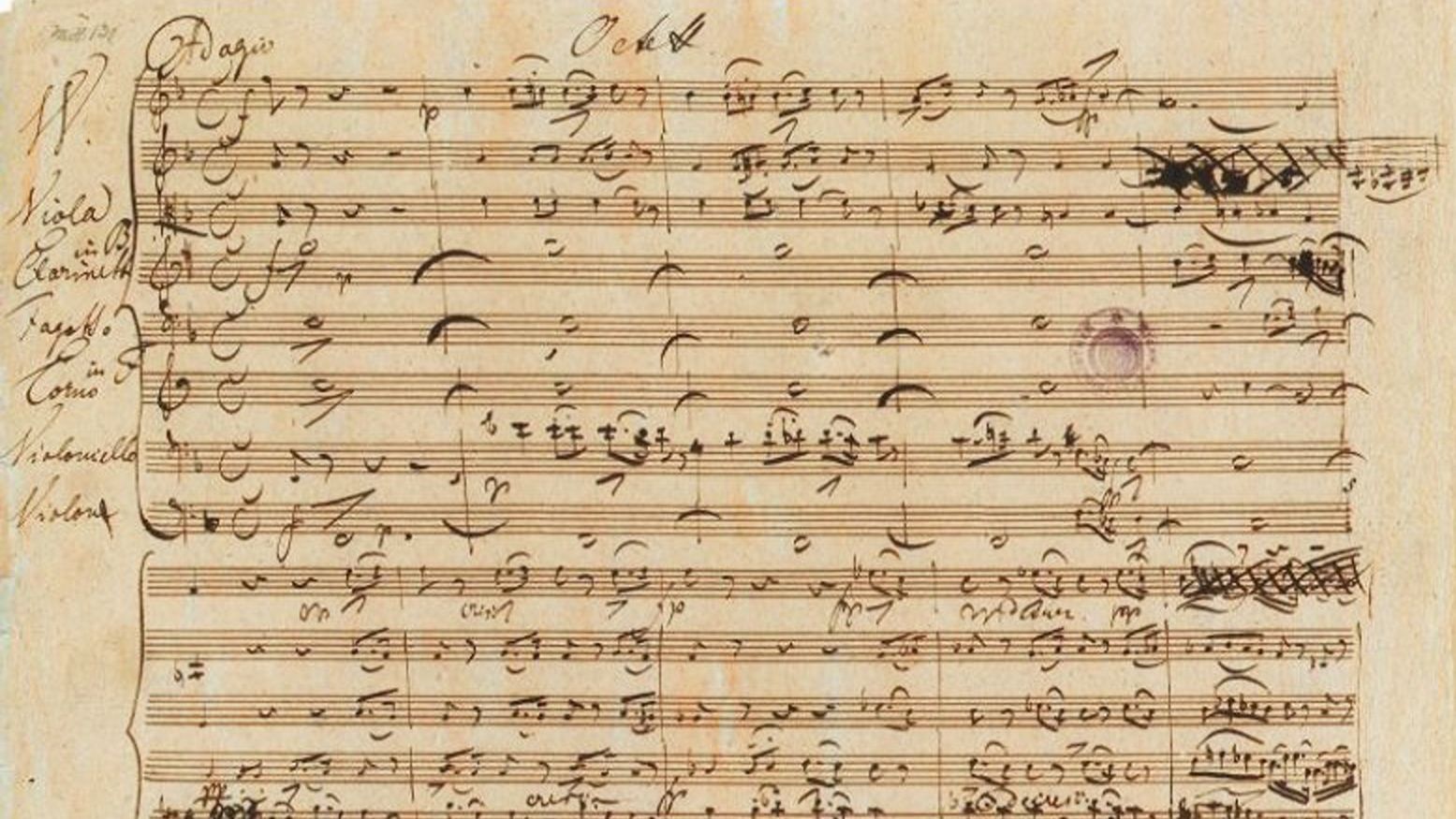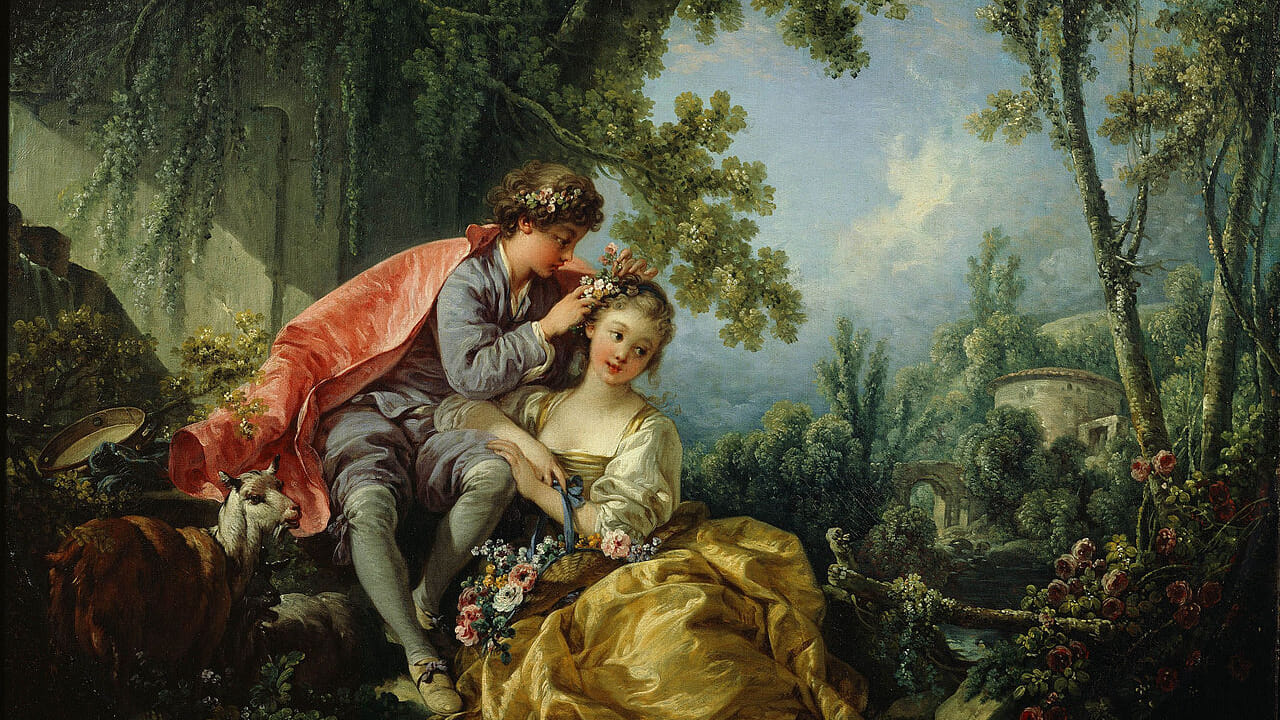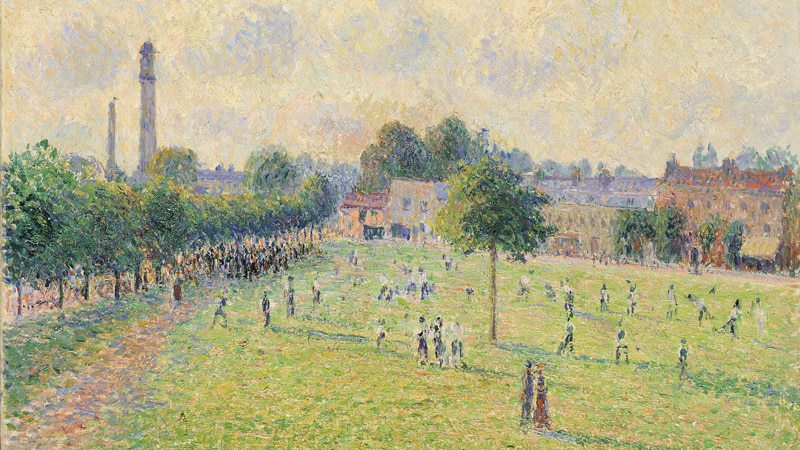Schubert’s “Die Götter Griechenlands” (“The Gods of Greece”): A Song of Alienation
Friedrich Schiller’s 1788 poem, Die Götter Griechenlands (“The Gods of Greece”), is filled with nostalgia and longing for the long-vanished world of Greek antiquity. Rebelling against mechanical philosophy, it idealizes man’s harmonious interaction with the Greek gods and nature. Schubert’s 1819 song, Die Götter Griechenlands, D. 677 sets only a fragment of the lengthy poem. It begins with a faltering three note motif (E-D-E), repeated by the piano, followed by the despairing opening …







